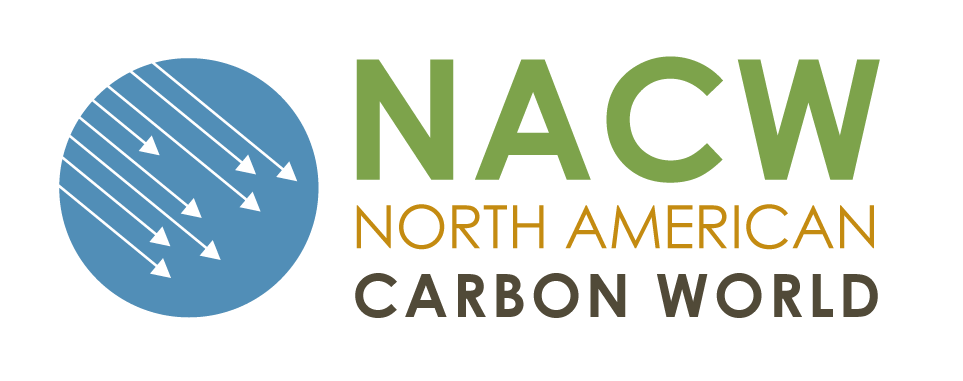The protocols bring financial support for sustainable development in the US cement industry, Chinese industrial sector and Dominican Republic agriculture sector
LOS ANGELES, CA – The Climate Action Reserve Board of Directors approved three new protocols for use under the nonprofit organization’s offset program, providing the global voluntary carbon market (VCM) with more opportunities for creating high quality GHG emissions reductions, investing in local communities and sustainable development and supporting global climate goals. The protocols also mark the Reserve’s expansion into China and the Dominican Republic and the cement sector.
“We are at the point when virtually every person on earth has seen and felt the dangerous effects of climate change, and the urgency to act is very real. Humans must be fully utilizing every tool they have to address climate change,” said Linda Adams, Chair of the Climate Action Reserve Board of Directors. “We know that the VCM is one of the strongest and most impactful tools that is making a difference right now, not next year or in five years. Making these protocols available will support the scaling of the global VCM through actions that have integrity, high quality, transparency and rigor.”
The adopted protocols are the China Adipic Acid Production Protocol V1.0, Low-Carbon Cement Protocol V1.0 and Dominican Republic Livestock Protocol V1.0. As with all Reserve offset protocols, each of these was developed through a transparent, public process involving an expert workgroup with members possessing diverse perspectives and areas of expertise.
The protocols expand the Reserve’s work by industry and region. The China Adipic Acid Production Protocol addresses a sector that produced over three million metric tons of nitrous oxide (N2O) back in 2015. To meet the requirement of additionality in a very conservative fashion, the threshold for credit issuance is high with a 90 percent baseline, but because N2O has a global warming potential 265 times that of CO2, the impact of reducing N2O emissions is very significant.
The Low-Carbon Cement Protocol also targets a sector with potential for large emissions reductions and could have significant impact in more sustainable building infrastructure.
Agriculture is a major source of emissions in the Dominican Republic, and the Dominican Republic Livestock Protocol supports the permanent destruction of methane emissions. The protocol also provides incentive for dairy, beef, chicken and swine farms to reduce not only their emissions but also air and water pollution for local communities. Approximately 29 percent of the country is dedicated to livestock.
“These new protocols are outstanding offset project types that will achieve permanent emissions reductions, become invaluable for the livelihood of local communities and positively change the way some companies conduct their business in a more sustainable way. Without waiting for global policy to tell them what to do or for governments to step in, the groups involved have voluntarily taken action on their own and made a difference,” said Craig Ebert, President of the Climate Action Reserve. “We commend all these groups – from the project developers to the buyers of the credits. We are looking forward to working with more of these action-oriented companies in China, Dominican Republic and the US cement sector.”
To learn more about each protocol, please visit:
China Adipic Acid Production Protocol
Dominican Republic Livestock Protocol
The Climate Action Reserve is the most trusted, efficient, and experienced offset registry forglobal carbon markets. A pioneer in carbon accounting, the Reserve promotes and fosters the reduction of greenhouse gas (GHG) emissions through credible market-based policies and solutions. As a high-quality offset registry for voluntary carbon markets, it establishes rigorous standards involving multi-sector stakeholder workgroup development and local engagement and issues carbon credits in a transparent and publicly available system. The organization also supports compliance carbon markets in California, Washington and internationally. The Reserve is an environmental nonprofit organization headquartered in Los Angeles, California with staff members located around the world. For more information, please visit www.climateactionreserve.org.
###





Comments are closed here.